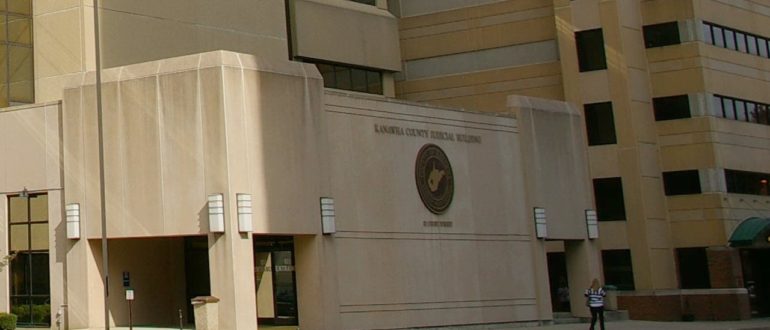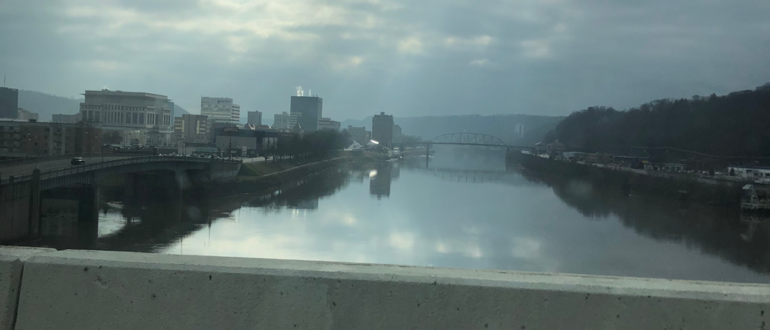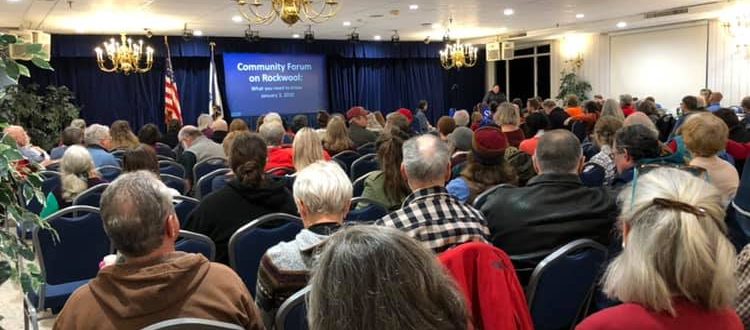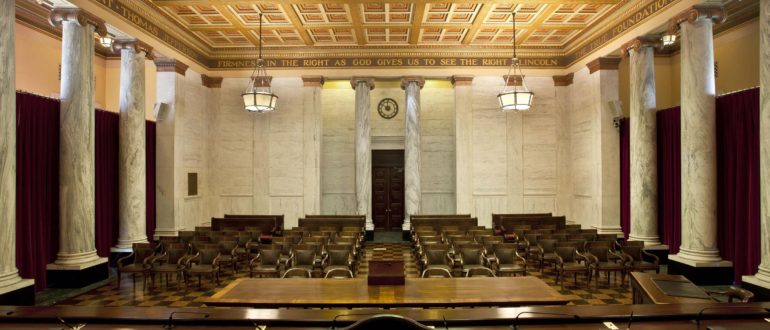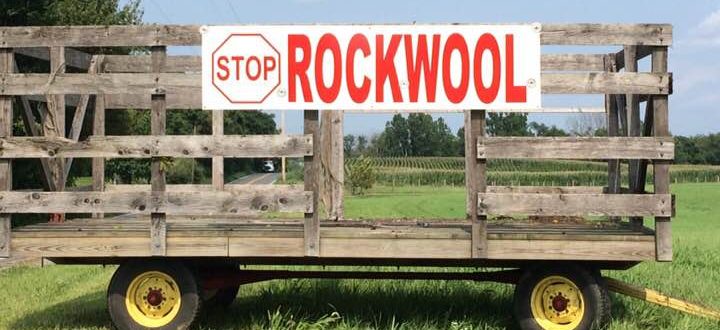Leading constitutional scholar leads Jefferson County taxpayers challenge to tax forgiveness scheme that illegally favors Denmark-based multinational over other West Virginia taxpayers
Citing clear language in the West Virginia State Constitution in its support, Jefferson County Foundation sent notice that its intends to file suit in Kanawha County Circuit Court to block the state from illegally exempting Rockwool from real and personal taxes on a proposed industrial facility in Jefferson County.
Download Jefferson County Foundation’s Complaint (.pdf)
West Virginia University Law School Professor Robert M. Bastress filed the complaint along with co-counsel law firms Arnold & Bailey, PLLC and DiPeiro, Simmons, McGinley & Bastress PLLC. A noted constitutional law authority, Professor Bastress has litigated and written extensively on the history and meaning of the state constitution and is the author of The West Virginia State Constitution (Oxford University Press, 2016).
On May 2, 2019, the West Virginia Economic Development Authority (WVEDA) authorized the issuance of up to $150 million in lease revenue bonds for a term of up to 10 years, during which the WVEDA would hold title to Rockwool’s Jefferson Orchards property which includes approximately 130 acres of land. Jefferson County Foundation’s complaint alleges that the arrangement violates Article X, Section 1 of the West Virginia Constitution since WVEDA’s interest in the Jefferson Orchards property would be exempt from ad valorem taxes, and as a result, Rockwool would not have to pay the same real and property taxes as other individual and business taxpayers in the state.
WVEDA’s May 2019 action in Charleston took place even as the Circuit Court in Jefferson County was considering a challenge to a similar tax-relief scheme using a so-called Payment In Lieu of Taxes (PILOT) agreement involving Rockwool, the Jefferson County Development Authority, and other county and local and state government entities. In August 2019, the court ruled the PILOT agreement to be invalid without having to reach the issue of its constitutionality.
“West Virginia’s constitution is clear in its requirement that ‘taxation shall be equal and uniform’ and the WVEDA’s action equally clearly violates it,” observed Professor Bastress. Co-counsel Christopher Stroech of Arnold & Bailey added, “this case presents an ideal opportunity to confirm and clarify the scope of the Constitution’s tax uniformity clause, especially in light of the invalidation of the Rockwool PILOT agreement on other grounds.”
Dr. Christine Wimer, president of Jefferson County Foundation, commented that “individual taxpayers, like me, as well as long-time West Virginia businesses who aren’t getting these lucrative tax breaks, are treated unfairly and unequally when the WVEDA abuses its power this way.” She continued, “Jefferson County’s location in the Eastern Panhandle combined with a well-educated workforce and robust local economy means that such tax breaks are not only unfair and unconstitutional, they are not needed to attract employers and investment. They also unnecessarily drain money from public services such as schools, infrastructure, and emergency services.”
Jefferson County Foundation’s complaint asks for the invalidation of the WVEDA’s May 2 action including cancellation of plans for any government agency to take title of the Rockwool property.
The complaint can be found here.

